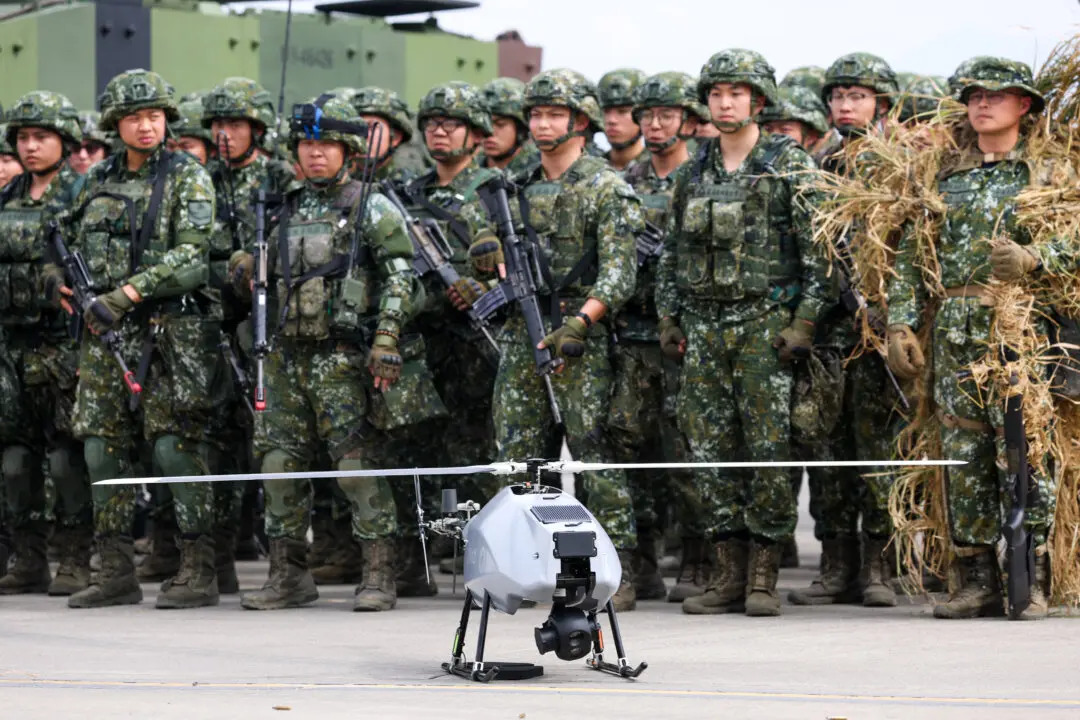President Joe Biden is set to tell Chinese leader Xi Jinping during a virtual meeting on the evening of Nov. 15 that China needs to play by established international rules and norms.
“This is an opportunity for President Biden to tell President Xi directly that he expects him to play by the rules of the road, which is what other responsible nations do on everything from technology to trade to international institutions and international waterways,” a senior administration official said during a background call with reporters on Nov. 14.





